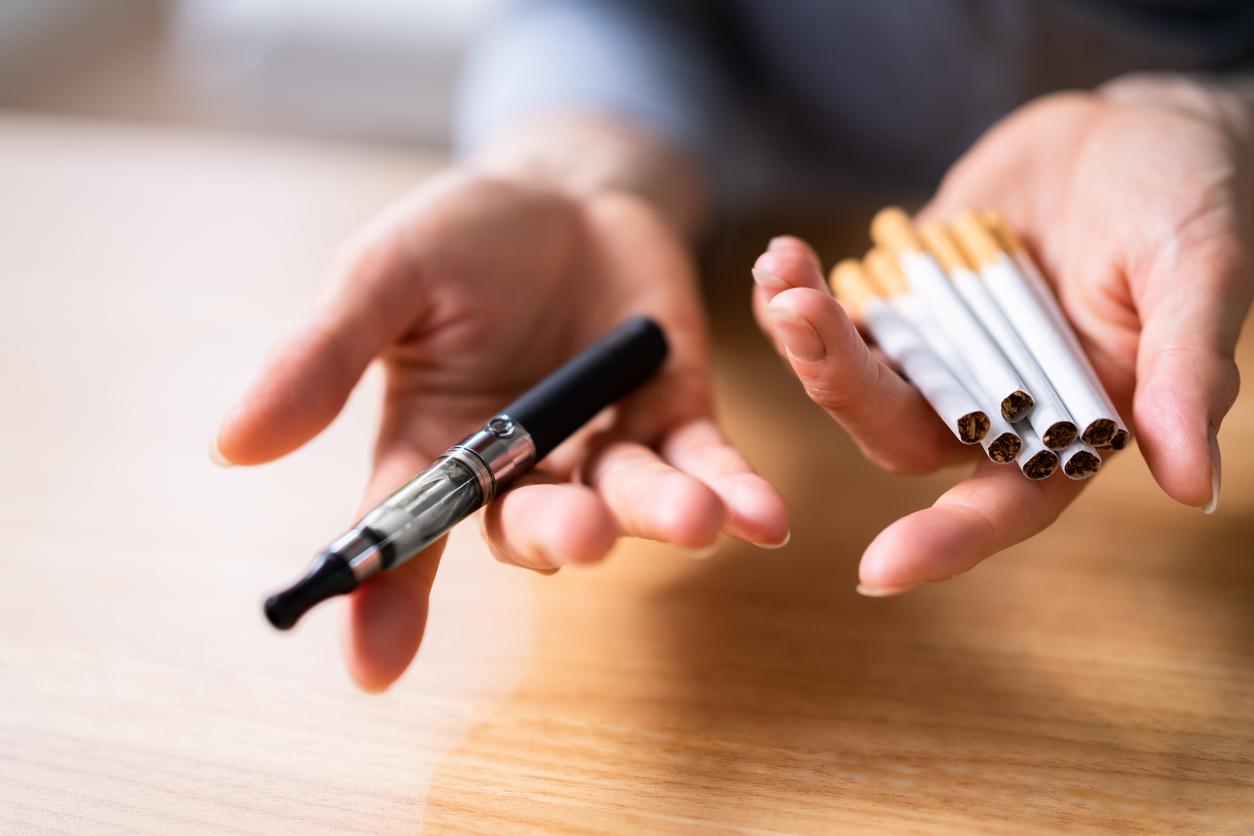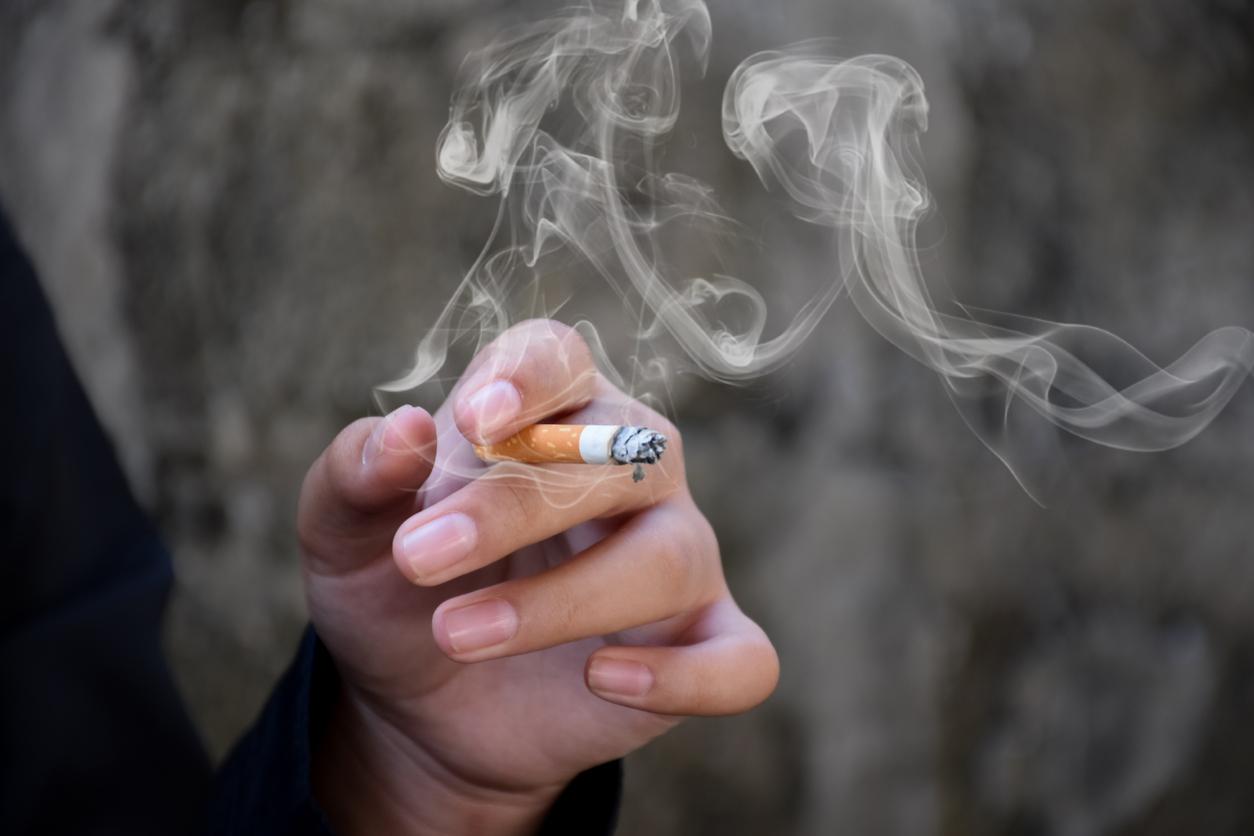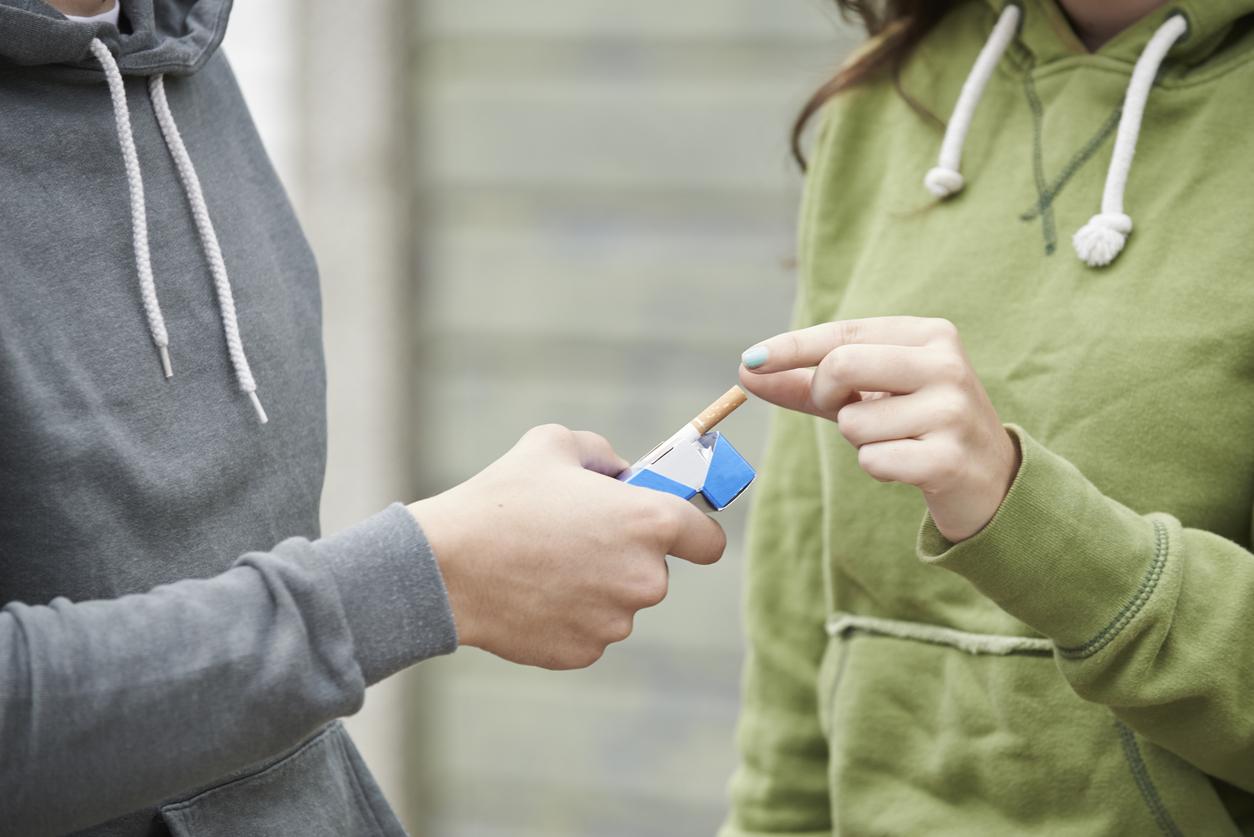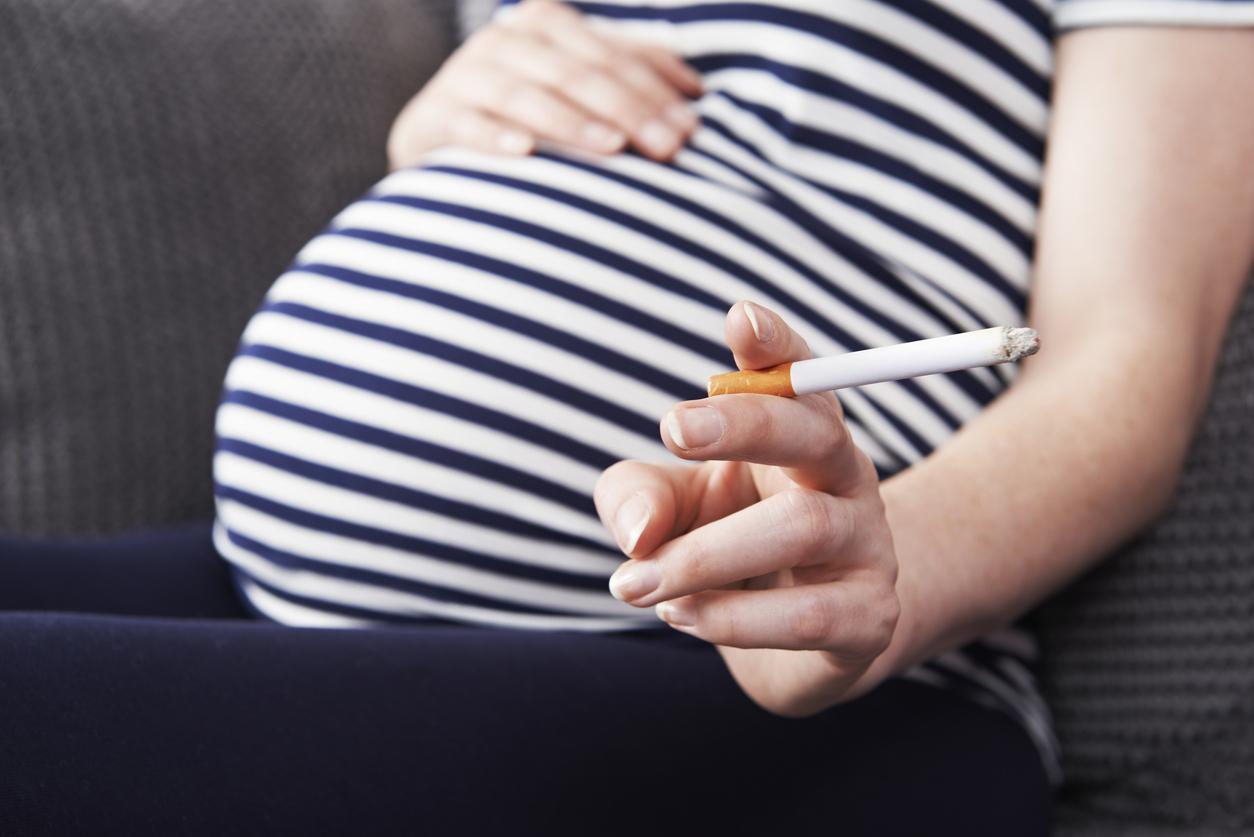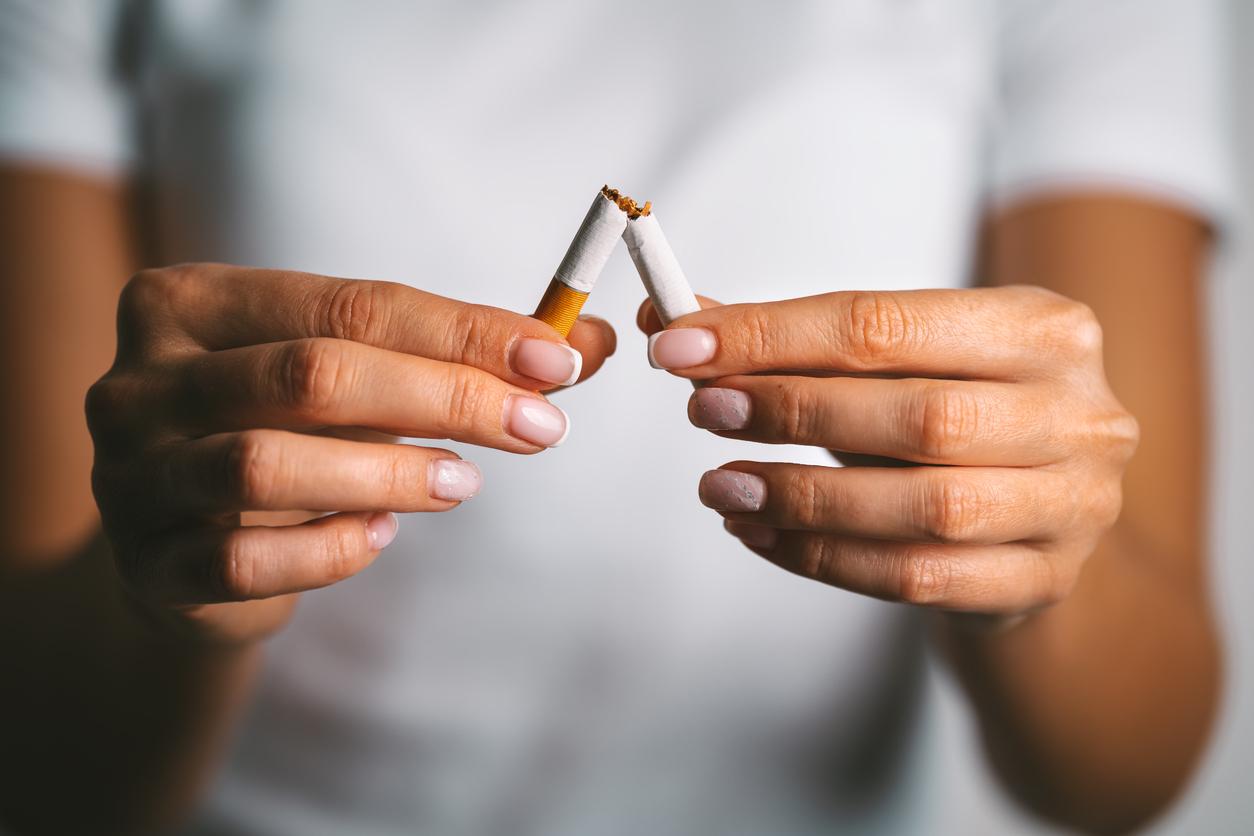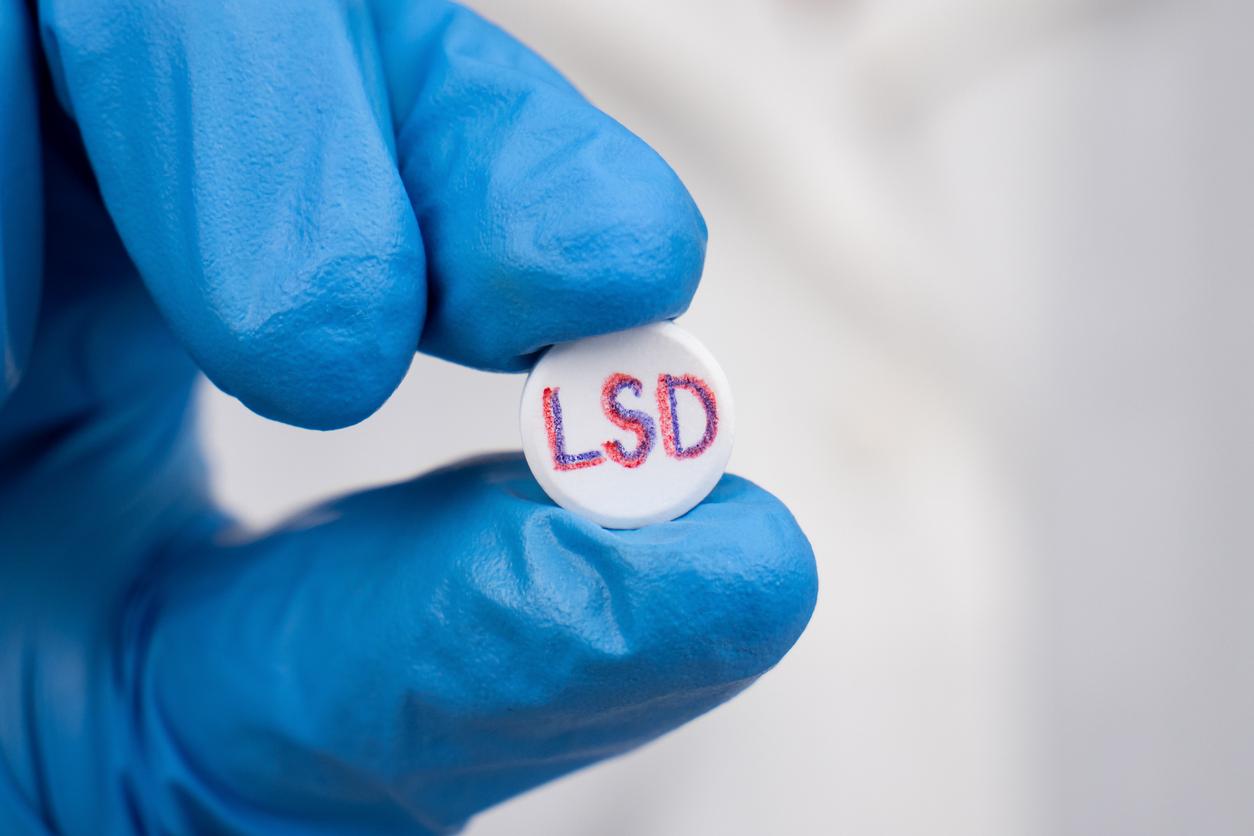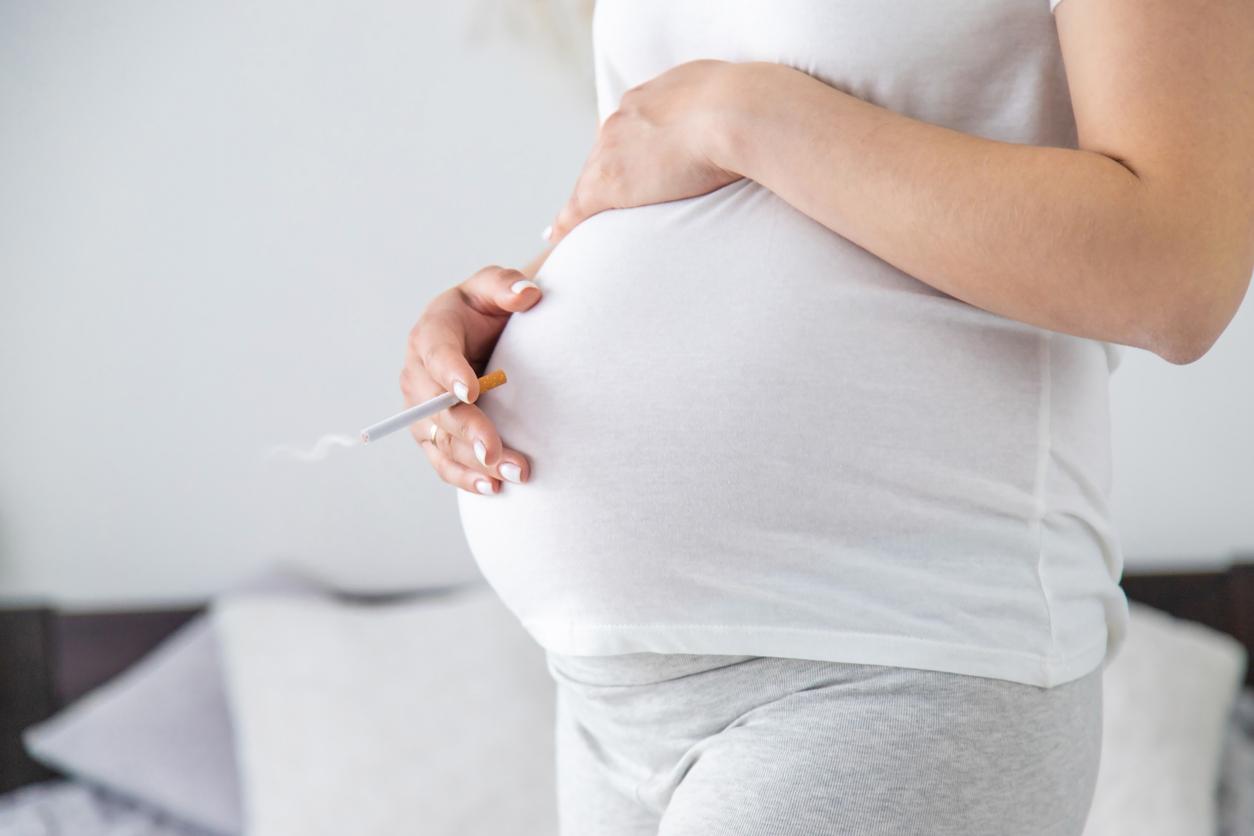Independence, freedom, pleasure … cigarettes convey positive representations that facilitate entry into smoking, especially in adolescence when young people are trying to assert themselves. However, initiation to the first cigarette can be the first step towards regular consumption. At the end of adolescence, almost 7 in 10 young people have smoked and in class of 3e, teenagers are already 16% to smoke regularly.
It is to try to make young people understand that cigarettes do not lead them, not to freedom, but to dependence, that the National Institute for Prevention and Education for Health (Inpes) is launching a new campaign of sensitization.
The first part of this campaign to “denormalize cigarettes” was launched by Inpes 3 years ago, with the posting on their site of a interactive manga : the young people could take the place of one of the 3 heroes of the film and thus become aware of the strategies of the tobacco industry. This time, they will be able to test cigarette addiction on an interactive site: libre-ou-pas.fr, by personalizing a virtual box according to their tastes, their current habits and their smoking status. This box will be returned to them by email at the end of the school year, offering them to fill it in a second time. They will then be able to see the changes that have taken place over the last few months in their lives, especially in terms of cigarette addiction.
“We’re not trying to stigmatize or scare them. But young smokers don’t think about the risk of cancer or cardiovascular disease in 20, 30 or 40 years. In a way, they feel invulnerable and invincible, ”explains Thanh Le Luong, director general of Inpes. “Our objective is rather to arouse in young people questions about their smoking and to anchor in their minds the idea that tobacco, a symbol in their eyes of emancipation, in reality deprives them of their freedom” he insists. she.
At the same time, an educational DVD and an accompanying booklet will be sent to middle and high schools so that teachers who so wish can lead smoking prevention sessions in their schools.










